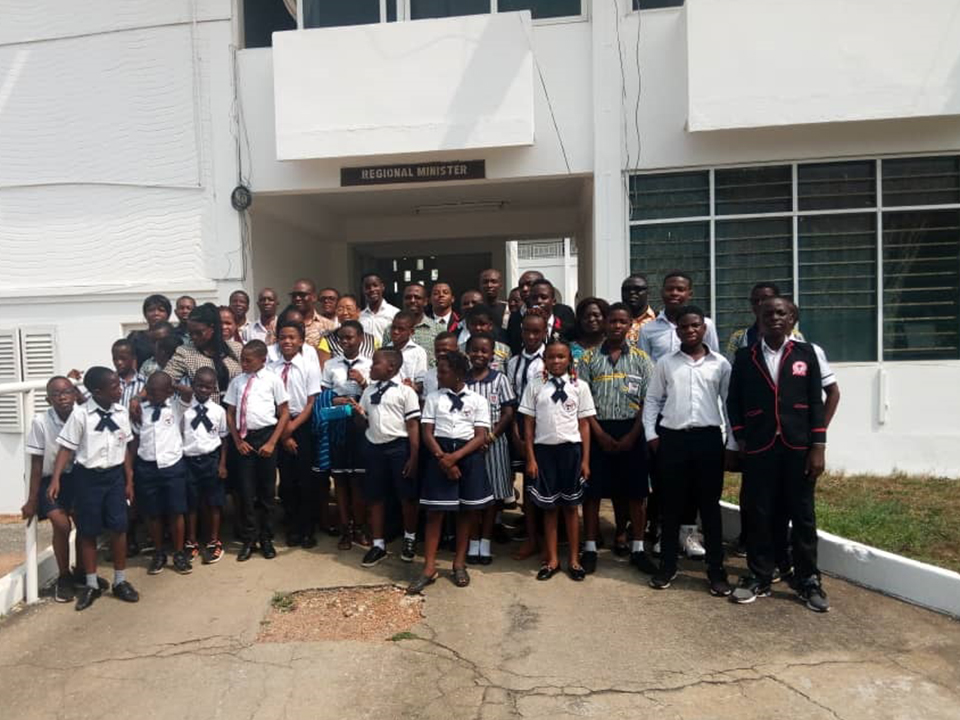The International Youth Fellowship (IYF), UCC chapter, in conjunction with the National Union of Ghana Students (NUGS-UCC) has held the 2018 leader’s symposium with a call on leaders to have their followers at heart.
The symposium which was on the theme “A leader with no limits” was attended by some lecturers, student leaders and students of UCC.
Speaking at the function, the Pro-Vice-Chancellor, Prof. George K. T. Oduro, said leadership had evolved over the years from traditional to modern. He noted that unlike the “traditional leader which is individual-focused, the emphasis on modern leader is teamwork, participation, empowerment, risk taking and little control over others
Quoting Macbeth 2003, Prof. Oduro said “the success of contemporary leader in an organisation depends on leaders who are humble rather than heroic, possesses more soft rather than hard skills and people focused rather than system-oriented”. He explained that the modern leader would always involve followers in decision making and execution of tasks. He noted that the interest of the modern leader was not to scold or punish subordinates for making mistakes but engaging them to do things right when given another opportunity.
Other qualities he said a modern leader must possess include integrity, adaptability, visionary, entrepreneurial, good listener, motivator and communicator.
Prof. Oduro used the opportunity to advice student leaders to effectively manage their time so they could execute their mandate successfully without shifting attention from their studies for which they were admitted to the University.
The Chairman of IYF West Africa, Rev. Young San Ban, who touched on leadership with reference to Christianity, said there was no leader without a limit or boundary noting that “no leader is excellent or can be perfect all the times”. He noted that a true leader should connect his or her heart with others to succeed by feeling their pains, understanding their needs and consulting them to solve difficult problems.
Making a presentation on “1st Dimensional Thought Vrs 2nd Dimensional Thought “Dr. Kim Sung Hwa, a Mind Lecturer, said the two stages involved mindlessness and mindfulness. She explained that “Mindlessness is to follow the same way routinely without reassessing whereas mindfulness is to think that one is not always right but there is a new way”
Dr. Hwa implored leaders to always be guided by the fact that there was the need to be strategic, creative and open to new suggestions. He said a leader should pay attention to details rather than rubbishing anything people say or feel.
The symposium was interspersed with melodious tunes from Righteous Stars, Ayeyi Choir and a duet from Dinah Agyei and Albert Nuakoh.
Prof L. K. Sam-Amoah and Ghanaian Director of Confucius Institute, UCC, Prof. Ishmael Mensah chaired the function.


